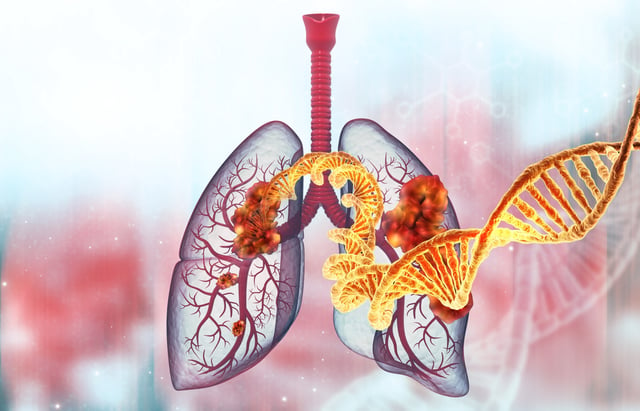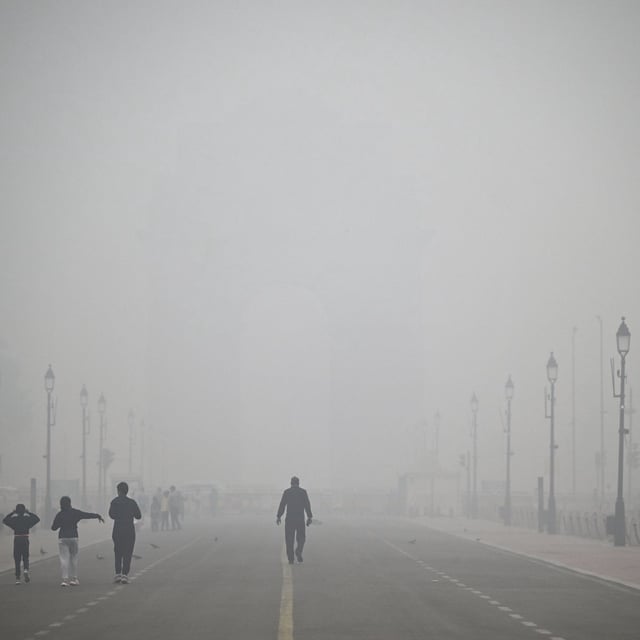Overview
- Whole-genome sequencing of 871 never-smoker lung tumors across Europe, North America, Africa and Asia showed that higher regional PM2.5 levels correlated with increased tobacco-like mutational signatures, including frequent TP53 alterations.
- Tumors from individuals in high-pollution areas exhibited significantly shortened telomeres, a marker of premature cellular ageing linked to increased cancer risk.
- Analysis found only a slight rise in cancer-promoting mutations from secondhand smoke exposure and no unique mutational signatures or driver mutations associated with passive smoking.
- A mutational signature associated with aristolochic acid, a carcinogen in certain traditional Chinese herbal remedies, was detected almost exclusively in never-smoker cases from Taiwan.
- Researchers also uncovered a new, unexplained mutational signature present in most never-smoker tumors but absent in smokers and are extending genomic sampling to Latin America, the Middle East and additional African regions.


